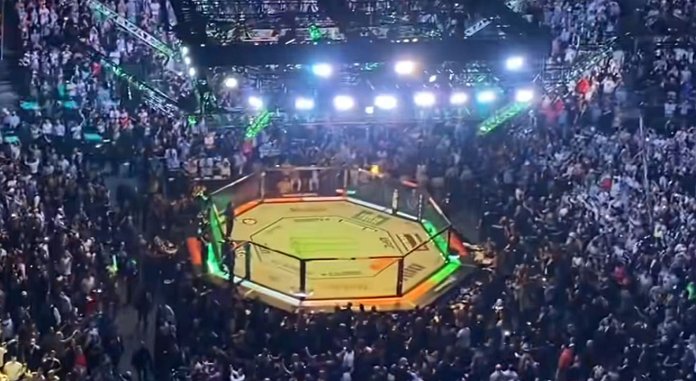
Rickson Gracie, a legendary Brazilian jiu-jitsu fighter, is adapting to life with Parkinson’s disease by embracing a positive mindset, exploring alternative treatments, and focusing on spiritual growth while continuing to inspire others through his teachings and new book, “Comfort in Darkness.”
Rickson Gracie’s life has undergone a seismic shift. Once a revered figure in Brazil, celebrated for his impeccable jiu-jitsu and undefeated vale tudo record, he’s now facing a different battle in Florida.
In 2021, Gracie was diagnosed with Parkinson’s disease. The 66-year-old legend opened up to MMA Fighting about his new book, Comfort in Darkness, where he explores life post-diagnosis and its impact on his mind and spirit.
"I had symptoms like tremors before my diagnosis," Gracie shared. "It made me feel lost, a new experience for me." Yet, giving up was never an option for him. With determination, he began studying this new opponent in his life.
Gracie spent over three decades in California, enjoying surfing and jiu-jitsu. But the pandemic and Parkinson’s prompted a move to Florida, a place where he finds more peace by the beach than the freeway.
A doctor in the U.S. advised him to take a pill and exercise thrice weekly, but Gracie felt that wasn’t enough. So, he sought alternative treatments: CBD oil, fasting, and ozonated water became part of his regimen.
“I know I’ll die one day,” Gracie mused. “But I want to keep doing things that put me in a better position.” He believes prioritizing oneself is vital—not out of selfishness but to be better for others.
For Gracie, being in top shape means serving his son, students, and friends. It’s about valuing relationships and how much you’ll be missed—what you mean to others defines your worth.
Embracing mortality isn’t new for Gracie; it even helped him as a fighter. Parkinson’s brought back that acceptance but in a different light, offering fresh perspectives on life.
“Life’s experiences mark us,” Gracie reflected. “Spirituality enhances hope and acceptance.” When problems lack solutions, acceptance becomes key—letting go is crucial.
Forgiveness is another tool Gracie uses more frequently now. It frees him from negative emotions without letting past deceits re-enter his life. It’s about liberating oneself from hate and anger.
He’s forgiven those who didn’t meet his expectations at certain times. Now, he maintains cordial relations without mixing business—lightheartedly noting they no longer discuss work over meals.
Despite tremors being part of his reality now, Gracie feels grateful for what he’s achieved inside and outside the ring. Parkinson’s may have changed his physicality, but it also opened new spiritual pathways.
“I was reborn from the ashes,” he said. Though feeling sick today, he’s happy to continue sharing his vision and receiving positive feedback from people around him.
Being born into the Gracie family is something he’s thankful for—representing jiu-jitsu with pride. Yet, martial arts transcend sport; they’re about facing life’s challenges realistically.
Gracie sees himself as a spiritual warrior now. Ready to conquer opponents or happiness itself because what brings joy evolves over time.
Invisible jiu-jitsu fascinates him today—it’s about feeling rather than seeing. Knowing how to breathe through emotional turmoil keeps him balanced and positive.
Visualization is another technique elite athletes use—and so does Gracie. Whether facing Parkinson’s or daily challenges, realistic visualization helps him stay prepared mentally and spiritually.
Ultimately, Gracie cherishes the tools he has today—whether physical or spiritual—to maintain optimism on his journey. And that’s what makes him truly content.